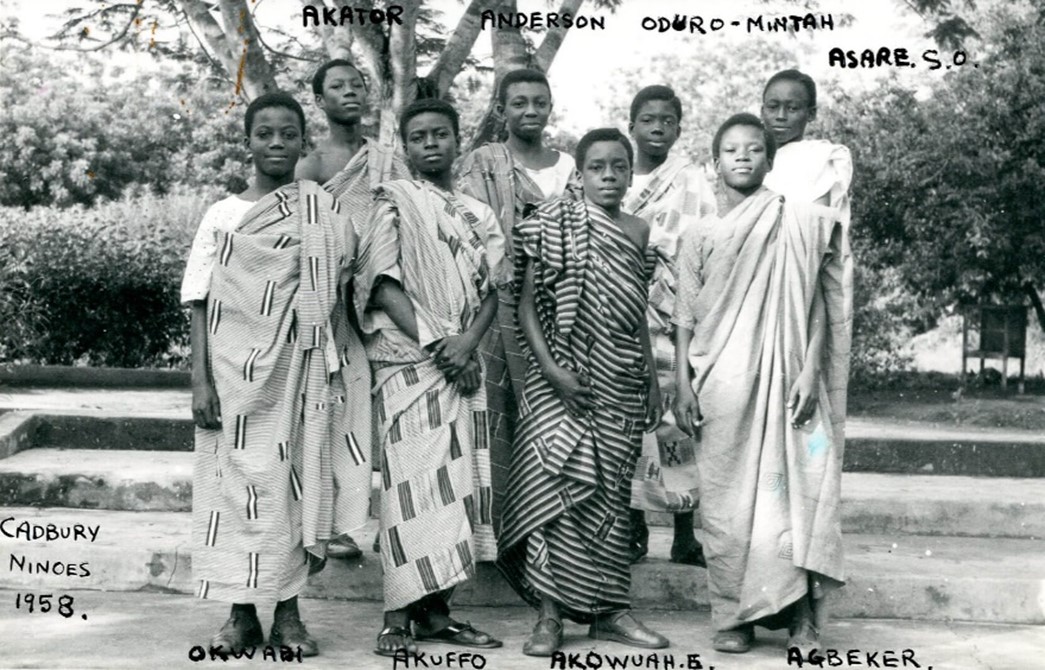Addressing endogeneity in favoritism studies
A large literature on favoritism in Africa argues that leaders favor their own ethnicity or administrative birthplace. This narrative of nepotistic bias posits that leaders often channel resources toward these regions, driving significant infrastructure development. Yet, recent studies challenge this narrative, offering nuanced alternatives that cast a more complex light on the issue.
Our recent study published in the Review of Development Economics is one such outlier. We confront the implicit assumption within favoritism studies that leaders are randomly drawn from the population. Instead, we argue that certain regions may produce leaders due to specific characteristics, such as the degree of colonial investment in education.
Empirical framework
To test our theory, we identify the birthplaces and colonial education levels of 33 post-independence African leaders from 11 African countries between 1930 and 1970 (see figure 1). Using census data from the IPUMS International database, we build a cross-sectional database where the unit of observation is the individual and assess the probability of completing primary education depending on whether individuals were born in the same region as the leader before independence. We show that regions, where leaders were born, exhibited higher rates of primary education completion during the colonial era. This compelling argument offers a historical perspective on favoritism, suggesting that leaders predominantly emerge from regions with superior colonial-era education.
Figure 1. Geographical distribution of our sample

We also test whether the probability of becoming a leader’s birth region is explained by the degree of colonial education (measured by the early presence of missions in that region). The results show that colonial education increased the probability that a leader would be born in the given region. Several studies have linked higher colonial education levels and the emergence of political leadership. For instance, according to Bassey (2009), a larger presence of mission stations fostered the emergence of post-colonial leaders by influencing students’ mindsets and increasing the range of opportunities available to them in the colonial labor market (mainly the civil service). Also, as explained by Ricart-Huguet (2021), education networks in the colonial sector influenced post-colonial politics by offering opportunities for employment and providing organizational skills. Educated Africans were recruited as civil servants to reduce costs, resulting in higher representation of districts with better education levels in both the civil service and legislative councils.
Conclusions and other critiques of the favoritism literature
Our main contribution is to provide a historical perspective on favoritism. Our results caution against the strong causal interpretations that are common in literature. This aligns with Ricart-Huguet (2021) who linked colonial education investment to post-colonial political power disparities. Our results are also consistent with Green and Simson (2020), who highlight the fundamental issue of endogeneity and raise other important problems with ethnic favoritism models. Their Kenya-based replication reveals inconsistent results, indicating that models and measures can become complex and unintuitive under rigorous testing. Their results highlight the need to consider the influence of policy interests and development models on the mindset of early independence leaders in Africa.
The conclusion from these studies is clear: previous analyses of favoritism have oversimplified a complex issue. A better understanding of favoritism is essential to challenge established narratives and explore the colonial and precolonial institutions that continue to shape post-colonial outcomes.
References
Bassey, M. (2009). Higher education and the rise of early political elites in Africa pdf. Review of Higher Education in Africa, 1, 1.
Minnesota Population Center. (2020). Integrated public use microdata series: Version 7.2 [dataset]. https://doi.org/10.18128/D020.V7.2
Ricart-Huguet, J. (2021). Colonial education, political elites, and regional political inequality in Africa. Comparative Political Studies, 54(14), 2546–2580
Simson, R., & Green, E. (2020). Ethnic favoritism in Kenyan education reconsidered: when a picture is worth more than a thousand regressions. The Journal of Modern African Studies, 58(3), 425-460.
Feature image: Students of Achimota College, 1958. Source: https://africanleadersmagazine.com/achimota-college-achimota-school-1924/.
